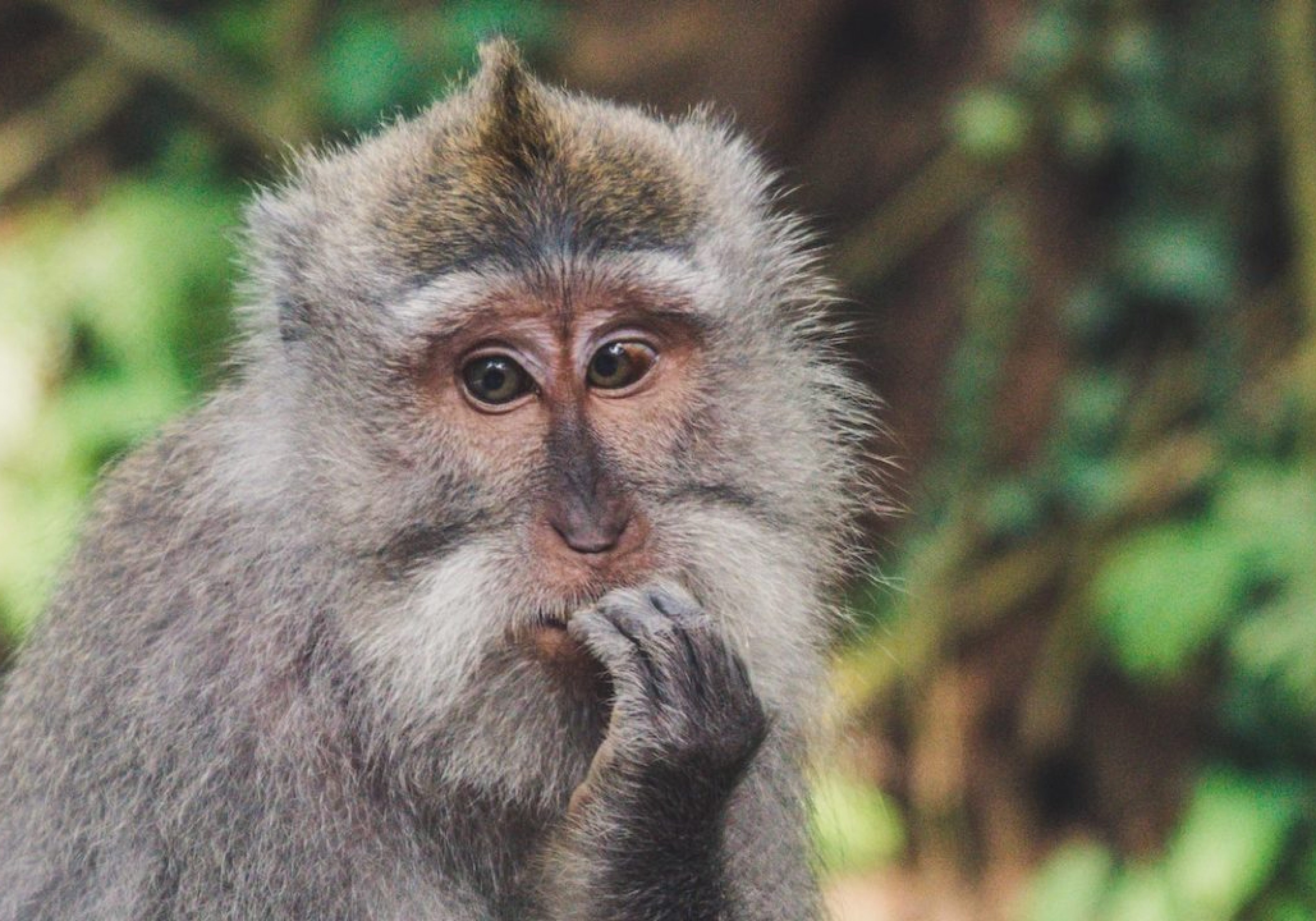“It was the best of times. It was the worst of times. It was the age of wisdom. It was the age of foolishness. It was the epoch of belief. It was the epoch of incredulity. It was the season of light. It was the season of darkness. It was the spring of hope. It was the winter of despair.”
The opening lines of Charles Dickens’ A Tale of Two Cities seem hauntingly prescient and could have been written about our present day. As we emerge from the fog of the Covid-19 pandemic into a world threatened by a previously unthinkable war in Europe and a global climate crisis, and reflect on what we have learned, only one thing seems certain – that we live in an age of uncertainty.
Every year, the Collins English Dictionary publishes its 10 words or phrases of the year. The list acts as a barometer of what’s going on in the world and “reflects our ever-evolving language and the preoccupations of those who use it.”
‘Lockdown’ and ‘fake news’ have all featured in previous years, and 2022’s list includes the term ‘quiet quitting’ – the practice of doing no more work than one is contractually obliged to do. But the winner – the word of the year in 2022 was ‘permacrisis’ described as “an extended period of instability and insecurity, especially one resulting from a series of catastrophic events.”
It is this unsettled and unsettling new reality that we must all confront. And yet, it is not all doom and gloom. As Dickens reminds us, with uncertainty comes opportunity: a spring of hope. With ambiguity comes new choices and fresh ways of interpreting our place in the world. Yet, to nurture the green shoots of hope and replenish ourselves and our world, we will need to reimagine it. That will take a new sort of leadership.
An unpredictable world
For much of the last century, we have assumed that markets, indeed entire nations, operate in a state of relative stability. From time to time, they are subjected to destabilising forces – natural disasters, economic depression, war – or, as we have seen lately, disease. But once the threat had passed, the traditional role of leaders was to return society to something approaching the previous steady state.
This was a world where companies could make plans in the belief that they would still be relevant in, say, five years’ time, and that business would continue relatively unchanged. Today, however, we live in what has been described as a ‘VUCA’ world; in other words, an environment characterised by volatility, uncertainty, complexity, and ambiguity.
In the last few years, we have seen a stream of disruptions to business as usual, most notably Covid-19 and the war in Ukraine. Add in the threat of global warming, oil price volatility, a cost-of-living crisis, rising inflation, plus the ever-present threat of another pandemic and it is clear that the shocks keep on coming.
In his book Fooled by Randomness, Nassim Taleb described shocks to the financial system as “black swans” – unforeseen events that had a disproportionate impact. In his follow-up book The Black Swan, Taleb extended the metaphor to other “undirected and unpredicted” events, including the advent of the internet, the personal computer and the end of the Soviet Union. What all have in common, he proposed, is three attributes: rarity, extreme impact and retrospective (but not prospective) predictability.
First, a black swan event is an outlier – outside the realm of normal expectations. Second, it carries extreme impact. Third, we create explanations for why it happened after the event, making its impact predictable. According to Taleb’s definition, then, disruptive new technologies and other, as yet unknown, events are also part and parcel of the external environment in which leaders must operate.
Illusion shattered
‘Business as usual’ is a phrase we have become used to, but in the post-Covid world, it seems like a distant memory. Some might yearn for the old ways and the old certainties but business was never certain; predictability was always an illusion. Recent events have simply shattered that illusion.
What have the pandemic and other global shocks taught us about leadership? If nothing else, they have shown up the futility of pretending we can control the world around us. The old model of the omniscient leader who knows all the answers has been thoroughly debunked and shown up as the myth it always was.
What we need now are leaders who are humbler; who are willing to admit they don’t know what’s around the next corner but are ready to respond to whatever it might prove to be. Leaders who we can believe in because they are honest about their shortcomings and open to challenge. Leaders who are inclusive and recognise that diversity in all its forms is a strength and a necessity. In short, what we need is a new sort of leader who can help us navigate through turbulent and unpredictable times.
To be able to respond better to unforeseen events, we need to build resilience and agility into our lives, including the way business operates. Change is now a constant, disruption is to be expected and requires an adaptable response.
We can’t go back. We must go forwards.
This is an edited extract from Certain Uncertainty: Leading with Agility and Resilience in an Unpredictable World by Des Dearlove (Wiley, May 2023).
Headline image credit: Paolo Nicolello on Unsplash
Headshot image credit: Jonas Legarth








